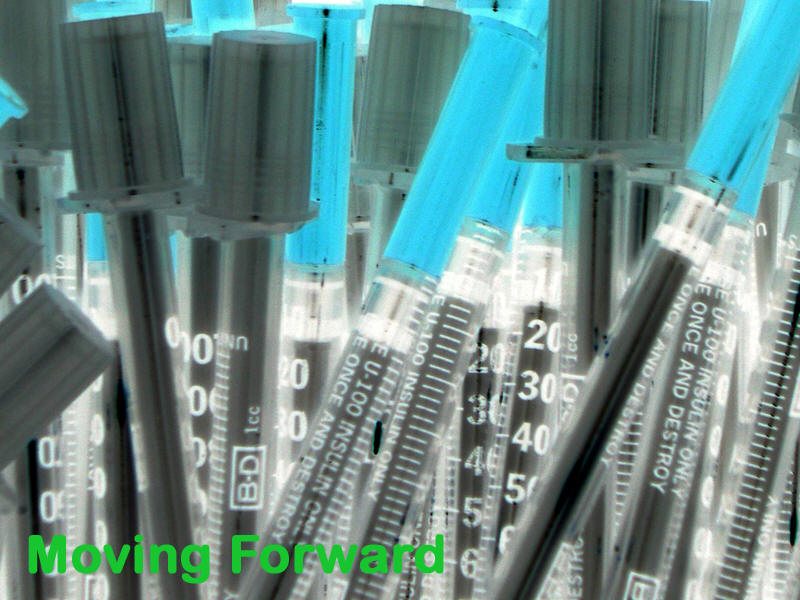
Fallen Behind, Moving Forward:
Needle Exchange in New Jersey

www.state.nj.us
On December 18, 2006, the New Jersey legislature saved innumerable lives with one act. The “Blood-borne Pathogen Harm Reduction Act” was passed in hopes that it would abolish the “preventable infections” that are “costing New Jersey taxpayers millions of dollars”, and, more importantly, taking a “terrible human toll.”1 Until December 18, New Jersey stood alone as the only state that had not yet legalized Syringe Exchange Programs (SEPs) intended to stop the spread of HIV and other infectious diseases. For over a decade, Trenton has been debating the permission of needle exchange and over-the-counter access to syringes.2 New Jersey has been a “holdout” as the only state without state or city-run needle exchange programs (NEPs) and one of three states that requires a prescription to purchase syringes.1,2 The new law has authorized the creation of NEPs in 6 cities. Though the law was passed nearly 6 months ago, no further word has been released regarding progress on establishing these programs. Truly, “HIV continues to spread among [intravenous drug users] IDUs faster than the establishment of new NSPs [needle syringe programs].”3
In February of 1997, the National Institutes of Health reported to a nation wary of condoning intravenous drug use that, “Studies show reduction in risk behavior as high as 80 percent in injecting drug users, with estimates of a 30 percent or greater reduction of HIV. The cost of such programs is relatively low. Needle exchange programs should be implemented at once.”4 Nearly ten years later, New Jersey still has not opened the doors to its first needle exchange program; there is limited diffusion of NEPs despite ever-mounting “extensive scientific evidence” for their effectiveness.5 It has been observed by other nations that, “Industrialised countries generally adopted and expanded NSPs to scale relatively early. However, the United States adopted NSPs late and coverage is still very poor.”3 As a world leader, the United States should set the standard for HIV/AIDS prevention by more rapidly attenuating strict laws that have caused more populations to be “at risk” than in the beginning of the epidemic.
Newark, in Essex County, New Jersey, should be among the cities granted permission to open needle exchange programs. The AIDS situation in Newark and surrounding towns of eastern Essex County has become grave. In the early 1980s, “Transmission of AIDS by IV drug users became apparent…when increasing numbers of heterosexual addicts in New York and New Jersey were diagnosed with opportunistic infections.”6 Today, the “problem” has become endemic in eastern Essex where the rates of HIV/AIDS cases per 100,000 have become many times the national average. The operation of NEPs would be an effective way to prevent the spread of HIV amongst residents in Newark and surrounding towns because the majority of HIV infections can be attributed to transmission via intravenous drug use. Examining Essex HIV/AIDS cases reported as of June 30, 2006 shows that 44% of males and 40% of females identified intravenous drug use as their transmission category. In addition, 22% of males and 50% of females became infected due to heterosexual contact.